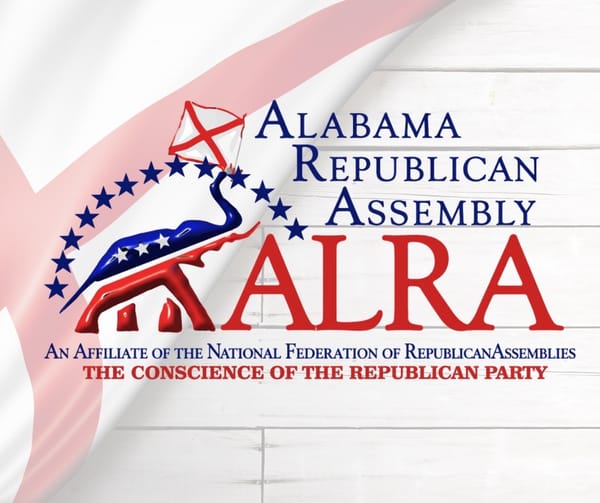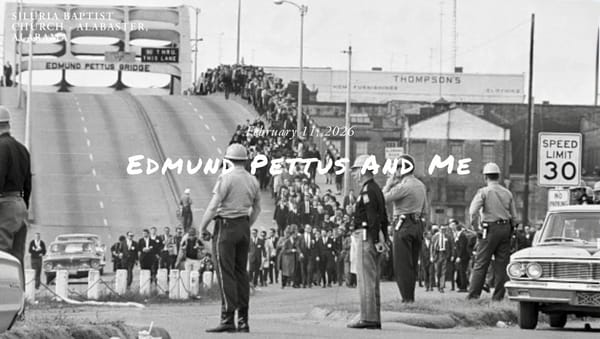SCOTUS Seeks New Briefs in Louisiana’s Redistricting Litigation
Decision could upend Milligan, open door to another redistricting in Alabama

The U.S. Supreme Court has asked all parties in Louisiana v. Callais to submit fresh briefs by late August. It wants answers to a sharply defined constitutional question: Does the state’s intentional creation of a second majority‑Black congressional district violate the Fourteenth or Fifteenth Amendments?
The dispute centers on Louisiana’s post‑2020 census map. Initially, the State drew only one majority‑Black district. That map was challenged under Section 2 of the Voting Rights Act. Courts ruled it likely diluted Black voting power. So in early 2024, the legislature adopted a new map adding a second majority‑Black district.
Soon after, a group of self‑described “non‑African American” voters sued. They argued the new two‑district map was itself a racial gerrymander, violating the Equal Protection Clause. A federal three‑judge panel agreed — but the Supreme Court stayed the ruling and allowed the two‑district map to be used in the 2024 elections.
In a June 27 order, the Court reinstated the case on its calendar for re‑argument. Justice Clarence Thomas dissented, warning that the Court must resolve constitutional challenges to congressional redistricting promptly.
The recent order crystallizes the key issue: whether compliance with the Voting Rights Act can itself trigger constitutional violations. Courts have rarely asked that question before.
Louisiana’s struggle echoes Allen v. Milligan (2023), when the Court ruled Alabama's map likely violated Section 2 and required a second majority‑Black district. That ruling upheld Section 2 and set the precedent which Louisiana v. Callais could upend.
In May 2025, a federal trial court in Alabama found the State’s 2023 map both violated Section 2 and had been enacted with intentional discrimination. The Court ordered Alabama to use a map with two Black‑opportunity districts for the rest of the decade. That backed up Milligan and marked the first time Alabama elected two Black representatives.
Some Alabama officials warned that a broad Supreme Court ruling in Louisiana could undermine the legal basis for both Milligan and the federal court’s recent decision. Alabama’s Attorney General stated the Court's eventual ruling in Callais could “absolutely have an impact on what’s going on here in Alabama.”
Meanwhile, plaintiffs in Alabama have asked a federal court to impose Voting Rights Act preclearance requirements—a move made urgent by what they see as ongoing defiance of fair-districting mandates.
The Alabama Republican Party’s General Counsel, David Bowsher, announced at the ALGOP Executive Committee Summer Meeting on Saturday that ALGOP would be filing an Amicus brief in Callais, opposing Section 2’s raced-based remedies that caused earlier redistricting efforts to flounder as unconstitutiona.
Appellants must file their briefs by August 27, 2025. Replies to these briefs are due October 3, 2025, just before the new term begins.
Reargument is likely in the fall. If the Court rules broadly that Section 2’s race‑based remedies conflict with the Constitution, it could limit or reshape how majority‑minority districts are drawn across the U.S.
A decision undermining majority‑minority districting would reverberate nationwide. It could affect representation in States with significant Black or Hispanic populations and reshape Congress’s political balance. Its effect in Alabama would be pronounced, and would virtually guarantee another round of redistricting by the Legislature.
The Supreme Court’s new order in Louisiana v. Callais puts Voting Rights Act protections at the center of constitutional debate. The outcome could shift the legal landscape for redistricting nationwide—and directly affect decisions in Alabama and other states with similar legal fights.




